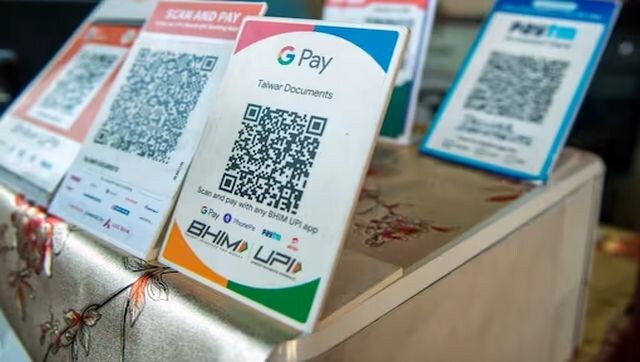In a major setback, Google loses bid to block India's Android antitrust ruling
A three-judge panel led by Chief Justice Chandrachud decided against blocking the CCI’s antitrust ruling that would require Google to change the way it markets Android in India. The Supreme Court also upheld the $161 million penalty imposed on Google.

A three-judge panel led by Chief Justice Chandrachud decided against blocking the CCI’s antitrust ruling that would require Google to change the way it markets Android in India. The Supreme Court also upheld the $161 million penalty imposed on Google. Image Credit: AFP
In a major blow to Google in India, the tech giant lost its appeal to stop an antitrust ruling in India’s Supreme Court on Thursday. This means that the American tech giant will need to alter the way it operates and markets its Android operating system in a market that is key to its growth.
The Alphabet Inc.-owned Google was ordered to lift limitations placed on device manufacturers, including those relating to the pre-installation of applications, by the Competition Commission of India in October after finding that it had abused its dominant position in Android. Google was also hit with a number of penalties, including a $161 million penalty.
In its Supreme Court appeal, Google argued that the ruling will harm both its company and customers. It issued a warning that the development of the Android ecosystem would stagnate and that it might be required to change agreements with more than 1,100 device makers and tens of thousands of app developers. Google said that “no other jurisdiction has ever requested such extensive modifications.”
The Supreme Court’s three-judge panel, which included Chief Justice D.Y. Chandrachud, postponed the CCI’s instructions’ Jan. 19 execution by one week but decided against blocking them. Justice Chandrachud stated, “We are not inclined to interfere.” The Supreme Court of India asked a lower tribunal, which is already hearing the matter, to decide on Google’s challenge by March 31.
According to estimates from Counterpoint Research, Android powers around 97 per cent of the 600 million smartphones in India. Apple on the other hand only has 3 per cent of the market.
Google licences its Android operating system to smartphone manufacturers, but detractors claim that it imposes anti-competitive limitations including the requirement to pre-install Google’s own apps. These agreements, according to Google, assist to keep Android free.
Regulators from all around the world have looked at Android in a number of different ways. While the United States Justice Department has accused Google of carrying out anticompetitive distribution agreements for Android, South Korea has punished Google for preventing customised versions of it in order to limit competition.
According to a directive from the CCI in India, Google’s Play Store licence “must not be coupled with the obligation of pre-installing” Chrome, YouTube, or any other Google products.
Additionally, it ordered Google to let Indian Android phone owners uninstall Google’s programmes. Currently, Android phones that come pre-installed with apps like Google Maps and YouTube cannot have those apps removed.
Given that the measures are viewed as being more extensive than those imposed in the European Commission’s 2018 judgement, which penalised Google for imposing what the Commission deemed unlawful limitations on manufacturers of Android mobile devices, Google has been concerned about India’s decision. In Europe, Google has contested the record-breaking $4.3 billion penalties that it was hit with.
The CCI’s investigation team, as per Google, “copied heavily from a European Commission judgement, employing material from Europe that was not evaluated in India,” according to court documents.
Read all the Latest News, Trending News, Cricket News, Bollywood News,
India News and Entertainment News here. Follow us on Facebook, Twitter and Instagram.
also read

Explained: How NRIs will be able to make payments via UPI
NRIs in 10 countries — Singapore, Australia, Canada, Hong Kong, Oman, Qatar, USA, Saudi Arabia, United Arab Emirates and UK — will now be able to transact through UPI using international mobile numbers

Explained: Why Cleopatra was the most-viewed page on Wikipedia in 2022
The sudden interest in Cleopatra can be attributed to the Google Assistant app owing to which 50 million searched the trend. It highlights the impact that seemingly small decisions by designers can have on directing collective attention to certain topics and issues
Google Pixel Buds Pro Review: Interesting and enjoyable, but not a segment leader
The Pixel Buds Pro is a good product and offers seamless integration with Google Assistant, but in terms of sound quality and ANC, it lags behind the competition from Samsung and Sony.
